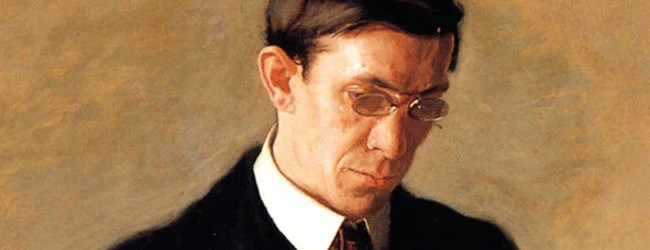I. Albert Camus – The Stranger [1942]
“Mother died today. Or maybe yesterday, I don’t know.” [1984: 9, Camus/translation]. “You could never change your life…[and] that in any case one life was as good as another and…I wasn’t at all dissatisfied with mine here” [1984: 44, Camus/translation].
II. José Saramago – The Cave [2000]
“Human vocabulary is still not capable, and probably never will be, of knowing, recognising and communicating everything that can be humanly experienced and felt” [2002: 254, Saramago/translation]. “What a strange scene you describe and what strange prisoners, They are just like us” [Plato, The Republic, Book VII].
III. Franz Kafka – The Trial [1925]
“Somebody must have made a false accusation against Josef K., for he was arrested one morning without having done anything wrong” [2000:1, Kafka/translation]. “How is it that in all these years nobody except myself had asked for admittance?”…”Nobody else could gain admittance here, this entrance was meant only for you. I shall now go and close it“[a story within a story, 2000: 167, Kafka/translation].
IV. Hermann Hesse – Steppenwolf [1927]
“How foolish is it to wear oneself out in vain longing for warmth! Solitude is independence” [1990: 49, Hesse/translation]. “I am in truth the Steppenwolf that I often call myself; that beast astray that finds neither home nor joy nor nourishment in a world that is strange and incomprehensible to him” [1990: 23, Hesse/translation].
V. Fyodor Dostoyevsky – Notes from Underground [1864]
“To love is to suffer and there can be no love otherwise” (2012: 64, Dostoyevsky/translation). “In despair, there are the most intense enjoyments, especially when one is very acutely conscious of the hopelessness of one’s position” (2012: 71, Dostoyevsky/translation).
VI. Ernesto Sabato – The Tunnel [1948]
“And in the end, there was only one tunnel, dark and lonely, mine” (2009: 1, Sabato/translation mind). “Vanity can be found in the most unexpected of places: next to goodness, self-sacrifice and generosity” (2009: 10, Sabato/translation mine). “Existed only one person that could understand me. But, it was precisely the person that I killed” (2009: 11, Sabato/translation mine).
VII. Franz Kafka – The Metamorphosis [1915]
“When Gregor Samsa awoke one morning from troubled dreams he found himself transformed in his bed into a monstrous insect” [2000: 76, Kafka/translation]. “Was he an animal, that music could move him so? It seemed to him as if the way were opening towards the unknown nourishment he craved” [2000: 117, Kafka/translation].
VIII. Albert Camus – The Plague [1947]
“I know that man is capable of great deeds. But if he isn’t capable of great emotion, well, he leaves me cold” [1981: 101, Camus/translation]. “No doubt our love was still there, but quite simply it was unusable, heavy to carry, inert inside of us, sterile as crime or condemnation. It was no longer anything except a patience with no future and a stubborn wait” [1981: 126, Camus/translation].
IX. Johann Wolfgang von Goethe – The Sorrows of Young Werther [1774]
“And everything swims before my senses and I go my way into the world wearing the smile of the dreamer” (1989: 32, van Goethe/translation). “We shall see each other again; we shall find each other; we shall pick each other out from among the many” [1989: 47, van Goethe/translation].
X. Sylvia Plath – The Bell Jar [1963]
“After nineteen years of running after good marks and prizes and grants of one sort and another, I was letting up, slowing down, dropping clean out of the race” [2005: 35, Plath]. “How did she know that the person didn’t just look as if he was asleep, while all the time, inside, he was feeling the blue volts and the noise?” [2005: 79, Plath].





5 thoughts on “10 “Must-Read” Existentialist Novels with Memorable Lines”